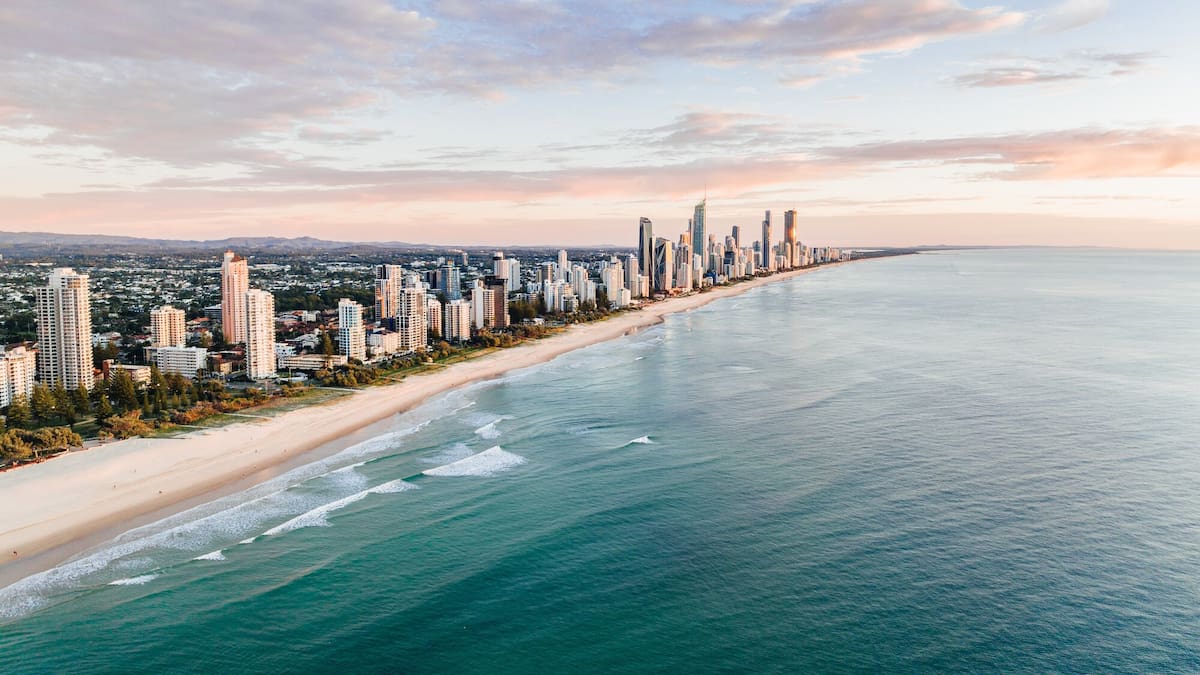Pokai said he could understand why a bar or restaurant might refuse entry to someone with gang-related or threatening tattoos, but his is “cultural art”.
“I was dressed nice, I was presentable, polite and wasn’t intoxicated,” he said.
“I’m proud of my culture, my tā moko represents myself, my family, where I’ve come from and what I’ve been through.”
In response to the incident, Burleigh Pavilion didn’t comment on the matter directly but referred to its dress code, which said “intimidating, aggressive or offensive tattoos aren’t permitted”.
Its website also states “management reserves the right to refuse entry to any person with head, face or neck tattoos. Discretion may be used dependant on size and nature”.
Others have also faced issues attempting to enter the Burleigh Pavilion thanks to their tattoos, including mum of two Katie Hally, who had Chinese lettering starting at the nape of her neck and running down the centre of her back.
The lettering, when translated to English, says “family, love happiness” and she hoped to explain this to the manager, but instead she said she was told to leave.
Reality TV star Jaden Laing tried to bypass the rules in a video posted to his TikTok.
Laing, who has tattoos on his upper body and neck, wore a black turtleneck to cover the ink and said he’ll be “the first Islander in Burleigh Pav, with neck tattoos, in history”.
Despite covering the tattoos, he was unable to enter because he refused to show security his neck.
A former professional rugby league player was also denied entry to a pub in Wollongong because of its face tattoo policy.
Former professional rugby league winger Brian Gardiner. Photo / Supplied
Brian Gardiner has a facial tā moko and deemed the incident an insult to his mana.
He tried to enter the pub at 11pm on a Saturday but was turned away. However, when he returned to the same venue a few days later, he was allowed entry and served a beer.

